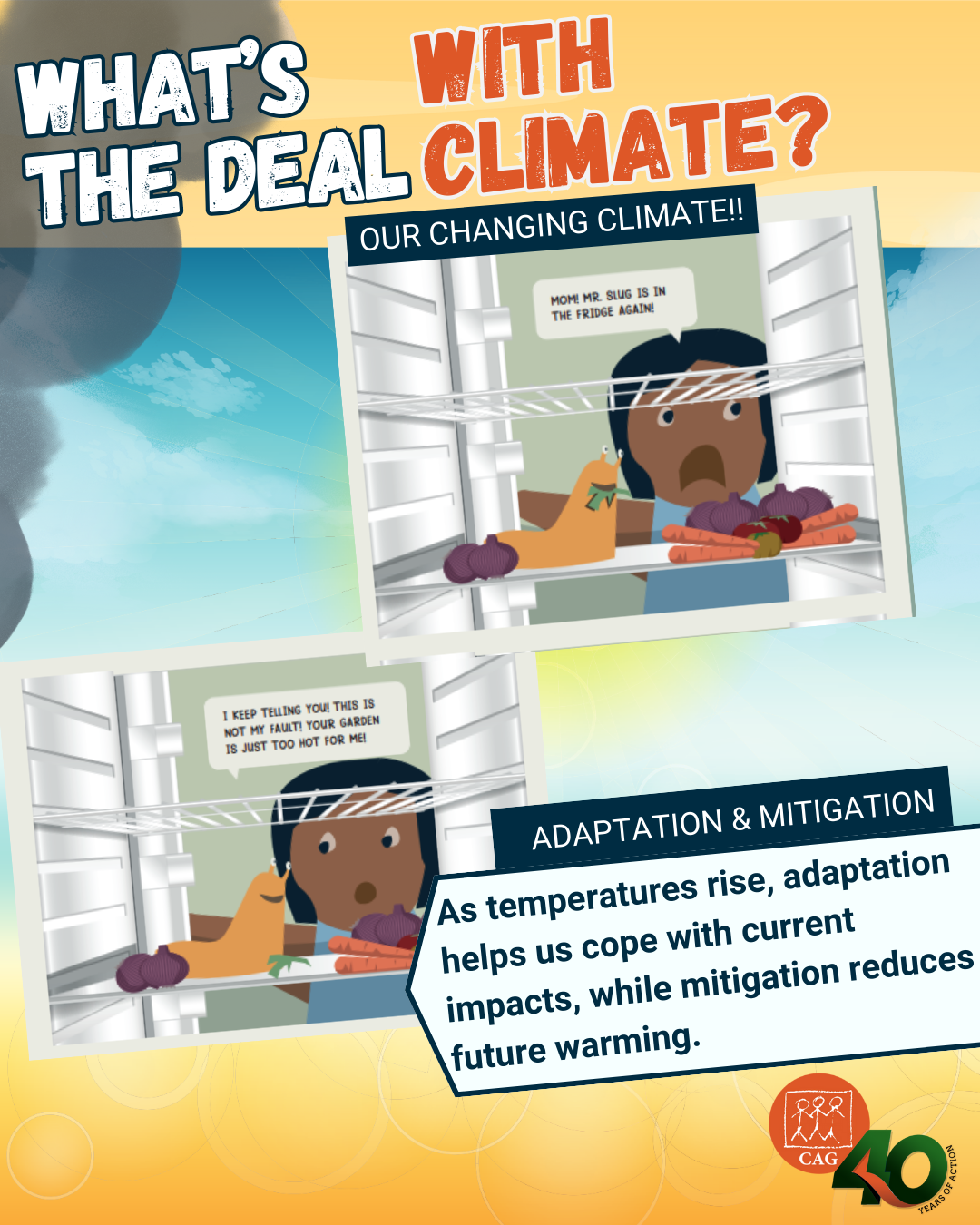World Day of Social Justice 2026 - Bridging gaps
Social justice grows when inclusion is strengthened. This #WorldDayOfSocialJustice, the focus is on empowering people and bridging gaps in access, opportunity, and participation. Inclusive systems help ensure that everyone can live with dignity, benefit from development, and contribute to society. Building a fairer future begins by leaving no one behind. #EmpoweringInclusion #BridgingGaps #InclusiveSocieties #EquityForAll #SocialJustice
